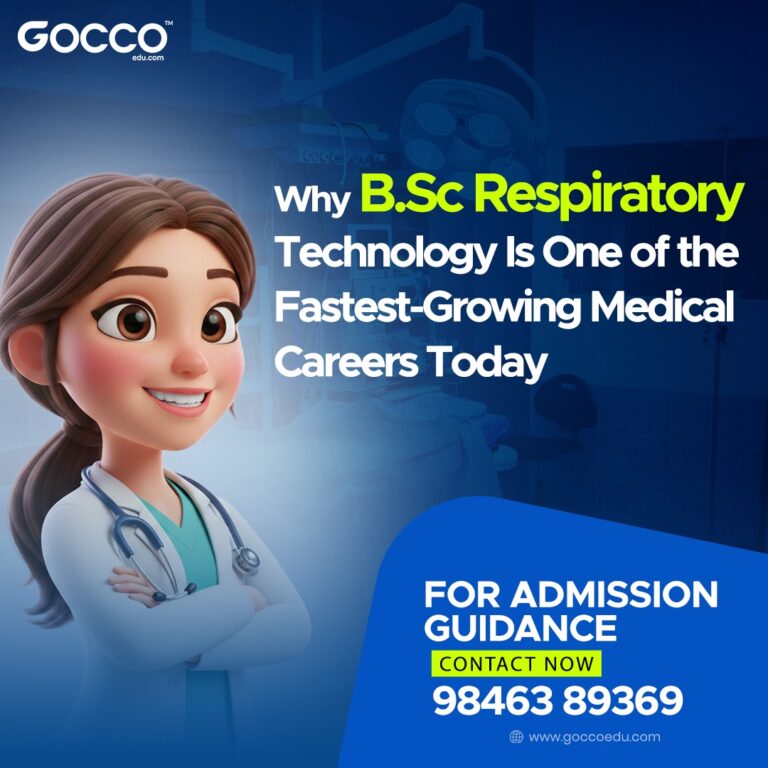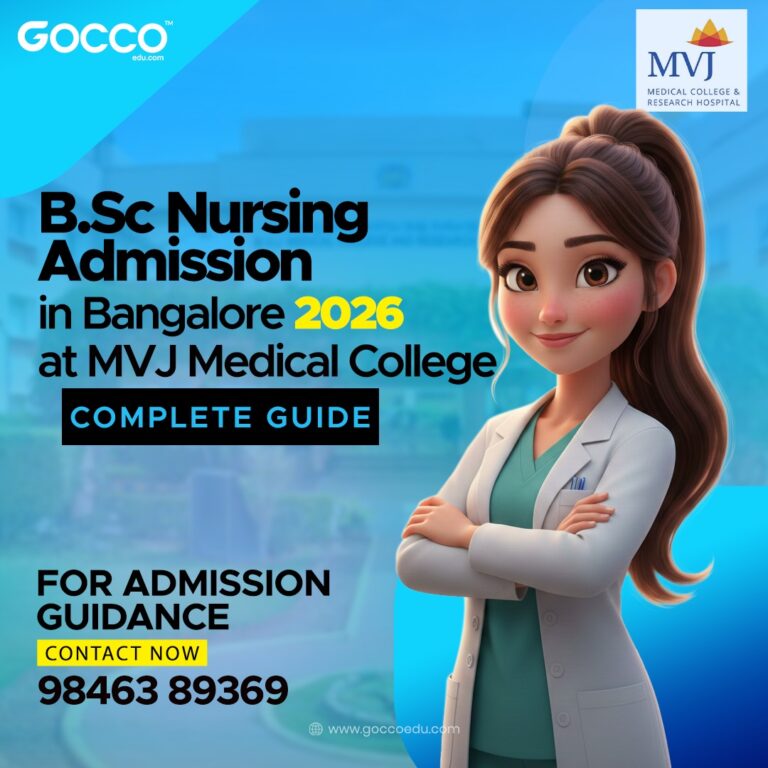the Key Differences Between MBA and PGDM
When considering, top universities in India a postgraduate management program, two popular options stand out :best institution in India the Master of Business Administration (MBA) and the Post Graduate Diploma in Management (PGDM). Both programs aim to equip students with essential business and management skills, but they differ in several key aspects. This article will explore these differences to help you make an informed decision about which program suits your career goals.
MBA: Master of Business Administration
- Degree: The MBA is a degree program awarded by universities. As a formal degree, it carries a certain level of prestige and recognition, particularly important for those seeking a career in academia or certain corporate sectors.
- Affiliation: MBAs are offered by universities affiliated with the University Grants Commission (UGC). This affiliation ensures that the program adheres to standardized educational norms and quality benchmarks set by the UGC.
- Curriculum: The curriculum of an MBA program tends to focus more on the theoretical aspects of management. Students delve into comprehensive studies of business theories, principles, and frameworks, which provide a solid foundation for understanding complex business environments.
- Duration: The typical duration of an MBA program is two years. This period includes coursework, projects, internships, and often, a final dissertation or thesis.
- Recognition: MBA degrees enjoy global recognition, making them an attractive option for students aiming for international career opportunities. The structured and widely acknowledged nature of the degree can be beneficial in various professional scenarios.
PGDM: Post Graduate Diploma in Management
- Diploma: Unlike the MBA, the PGDM is a diploma program. While it may not carry the same formal weight as a degree, it is still highly valued, especially in certain industries and among employers who prioritize skills over titles.
- Autonomy: PGDM programs are offered by autonomous institutions that are not affiliated with UGC. This autonomy allows these institutions to design and update their curricula more frequently, ensuring that the courses remain relevant to current industry trends and needs.
- Curriculum: The curriculum of a PGDM program is typically more practical and industry-oriented. It emphasizes hands-on learning, case studies, internships, and real-world business scenarios. This practical approach is designed to equip students with the skills and knowledge needed to excel in dynamic business environments.
- Duration: Similar to the MBA, the PGDM program usually spans two years, covering extensive coursework and practical projects aimed at developing managerial and leadership skills.
- Recognition: PGDM programs are recognized by the All India Council for Technical Education (AICTE). While they may not have the same level of global recognition as MBA degrees, they are highly regarded in India and by industries that value practical experience and industry readiness.
- Degree vs. Diploma: MBA is a degree, while PGDM is a diploma.
- Theoretical vs. Practical: MBA programs focus on theoretical knowledge, whereas PGDM programs emphasize practical skills.
- University vs. Autonomous Institutions: MBAs are offered by universities, while PGDMs are provided by autonomous institutions.
- Recognition: MBAs have global recognition, whereas PGDMs are primarily recognized within India and by specific industries.
Choosing the Right Program for You
- You prefer a degree over a diploma.
- You are interested in a more theoretical and research-oriented approach.
- You seek global recognition and opportunities.
- You aim for a career in academia or specific corporate sectors that value degrees.
- You favor a practical, hands-on learning experience.
- You want to develop industry-specific skills and knowledge.
- You appreciate autonomy and flexibility in the curriculum.
- You aim to work in industries that prioritize skills and practical experience over formal degrees.





